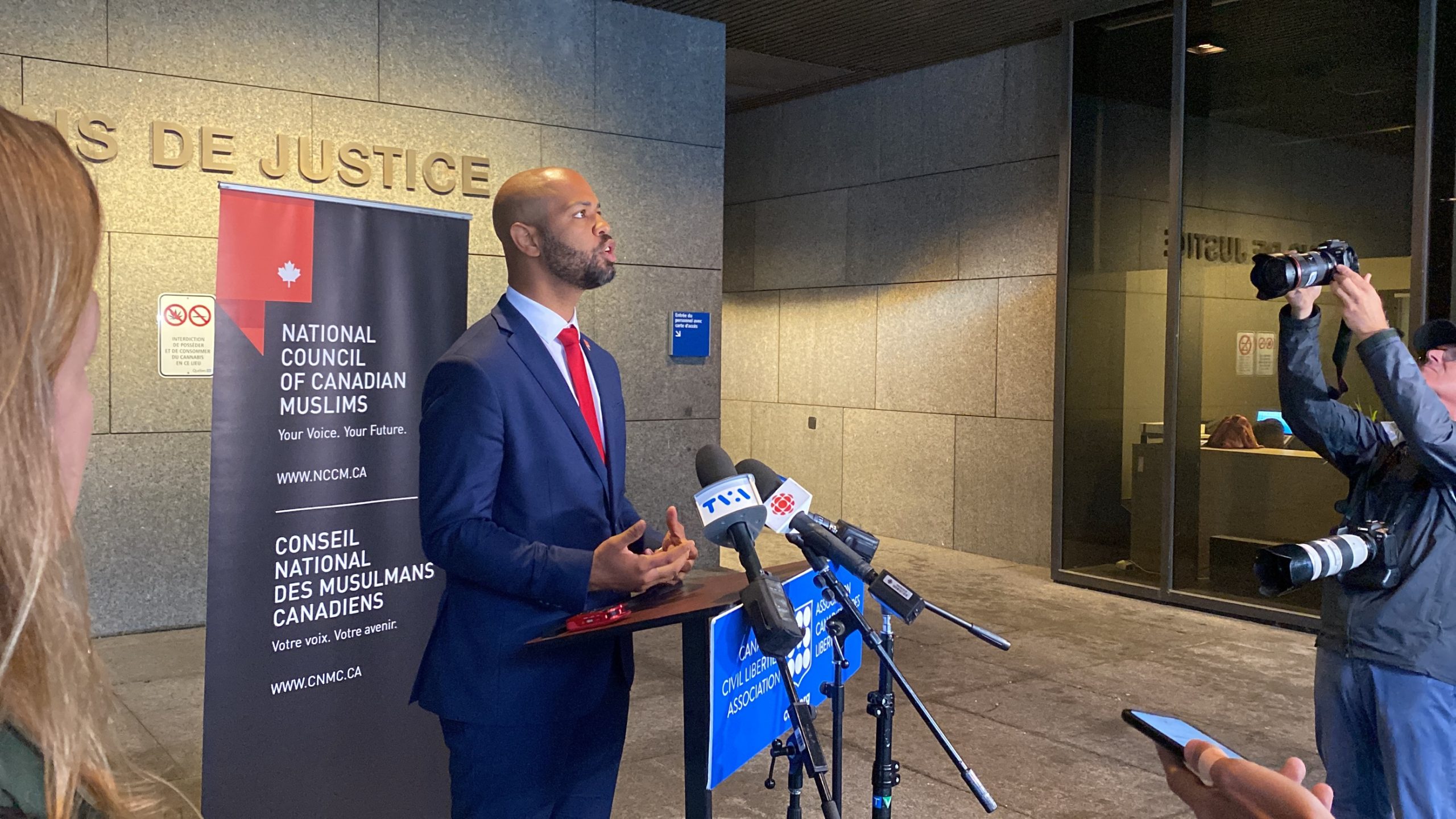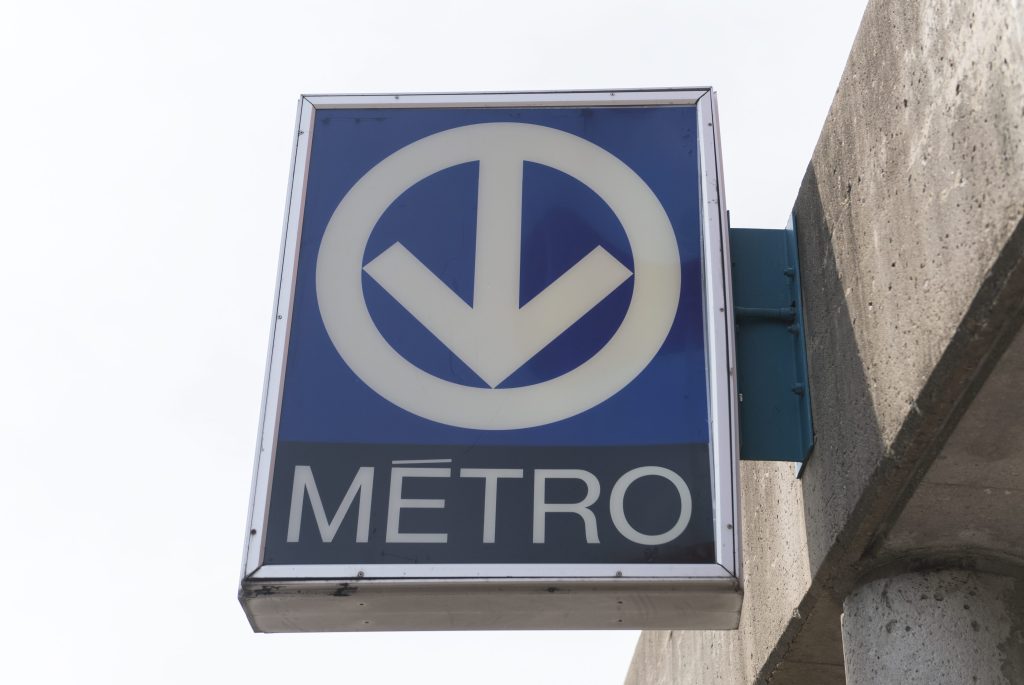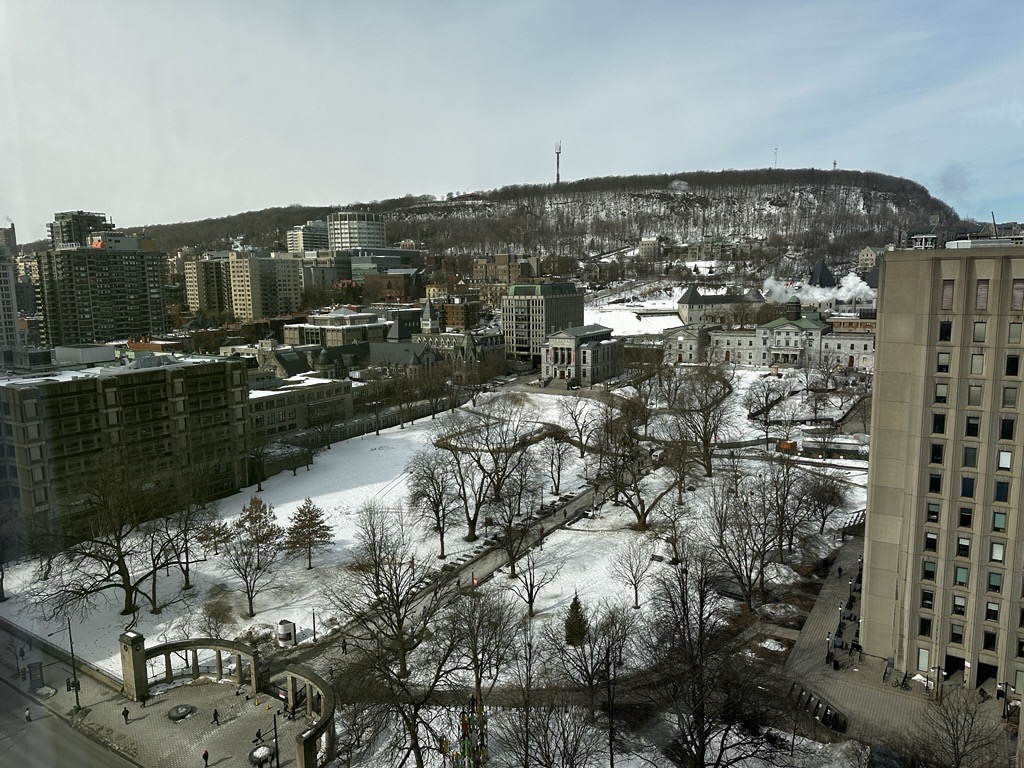Muslim advocacy group asks Quebec court to suspend school prayer ban
Posted June 13, 2023 12:04 pm.
Last Updated June 14, 2023 10:54 am.
A civil liberties group and a Muslim advocacy organization are asking a Quebec Superior Court justice to suspend the province’s ban on prayer rooms in public schools.
Lawyers for the Canadian Civil Liberties Association (CCLA) and the National Council of Canadian Muslims (NCCM) told a Montreal court Tuesday that the ban would cause irreparable harm if it is not suspended while a court challenge is heard on their case’s merits.
“We’re here to support the rights of Quebec students and their religious freedom so that they can go to school, have education, participate fully in their education, and not be negatively impacted by this directive,” said Harini Sivalingam, the equality director with the CCLA.
“To our knowledge, there isn’t any other province or jurisdiction in Canada that has such a large, sweeping ban that has restricted the ability of students to practise basic religious freedom.”
Quebec Education Minister Bernard Drainville in late April barred schools from making space available to students for prayer.
The minister has said students would still be permitted to pray silently and discretely, but the groups say doing so isn’t an option for Muslims.
“Having a ban on prayer fundamentally limits the rights not only of Quebec children, but also places children in a place where they’re being surveilled and policed for their identities,” said NCCM CEO Stephen Brown. “This has really negative impacts on children. They feel like they have to hide when they go to school. They’re worried about being punished for being who they are.”
MORE ON SCHOOL PRAYER BAN:
- Joint court challenge being launched against Quebec’s ban on religious activities in schools
- Quebec prayer ban in schools challenged in court
The case was brought on behalf of a 16-year-old Muslim student at a Montreal-area high school.
Lawyers for the groups argued in court the student plaintiff at the centre of their challenge says the experience of not having a space to pray has been stressful, that they feel degraded, excluded from society and feel the government is trying to remove their Muslim faith.
“Before this directive was issued, schools were able to accommodate maybe a handful of students that needed a quiet space that was used for either studying or just students that needed a quiet space,” said Harini. “And some students were using that to pray. And this is not causing a problem or a disruption in schools. We’re able to accommodate these students. But after this decree was issued, schools have prevented students from praying anywhere on school premises during the school day.”
The Quebec government has said the ban preserves the secular nature of schools.
“He came out and said that it’s a fundamental right to pray and you can’t ban prayer in school, but then went out and told kids that they should do so in a way that’s quiet,” said Brown. “So basically in Quebec, according to the government, it’s OK to pray insofar as you do so within the parameters deemed acceptable by the Ministry of Education.”

Stephen Brown, CEO of the National Council of Canadian Muslims (NCCM), at the Montreal courthouse June 13, 2023. (Alyssia Rubertucci/CityNews)
Decree does not stop students from praying: province
Eric Cantin, a lawyer for the provincial government, argued that even though the directive creates a constraint, it doesn’t prevent students from exercising their rights. They say the decree is in place to keep schools as neutral as possible.
Schools are still able to offer other reasonable accommodations to religious students, he said, including giving them time off for religious holidays.
Quebecers have supported the removal of all forms of religion from public schools since the Quiet Revolution of the 1960s, Cantin argued, and it’s that desire for secular schools that motivated the ban.
“The public interest, therefore, is the Quebecois concept of the secularization of schools,” he said. “We don’t want manifestations of religion in public schools.”
Quebec’s Education Ministry declined to comment, saying it’s because the matter is before the court.
Justice Lukasz Granosik said he expects to render his decision Wednesday morning.
—With files from The Canadian Press








